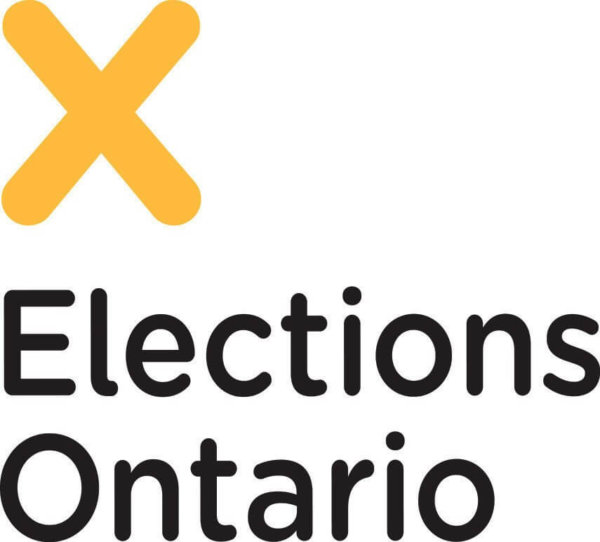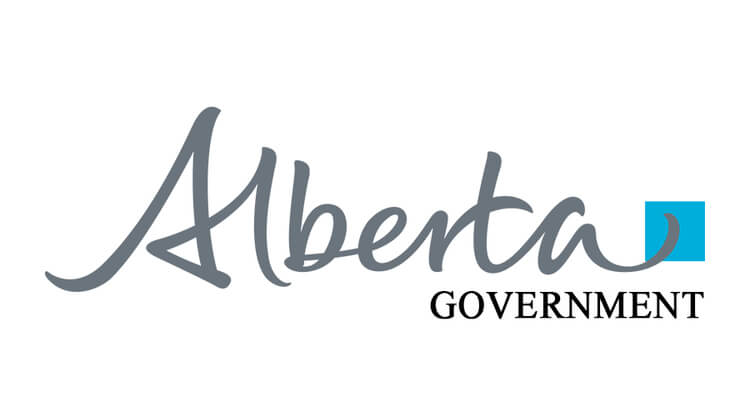The Voice of Canada News|
Personal social media posts (for example on Facebook or Twitter) are generally not considered political advertising.
However, a coordinated social media campaign that distributes spam or content that’s been professionally produced by another person or entity may be treated as political advertising. In the case of such a coordinated campaign, the blackout rules and rules concerning public opinion surveys, authorizations, campaign expenses, spending and contribution limits may apply. You may also need to apply to be a registered third party advertiser.
The following guidelines apply to YouTube and blogs:
- Content may be treated as genuine news reporting if it is from an independent commentator, even if it supports or opposes a party or candidate.
- Content from an advocate for a public policy issue during the six months prior to a fixed-date general election or during the election period for a by-election or non-fixed date general election, for which one or more registered parties, its leader, or registered candidates have taken a position is considered political advertising and may require registration as a third party advertiser.
- Professionally produced content or a campaign that distributes spam may be treated as political advertising. If so, the blackout rules and rules concerning authorizations, campaign expenses, spending and contribution limits may apply. You may also need to apply to be a registered third party advertiser.
- News Courtesy: Elections Ontario




